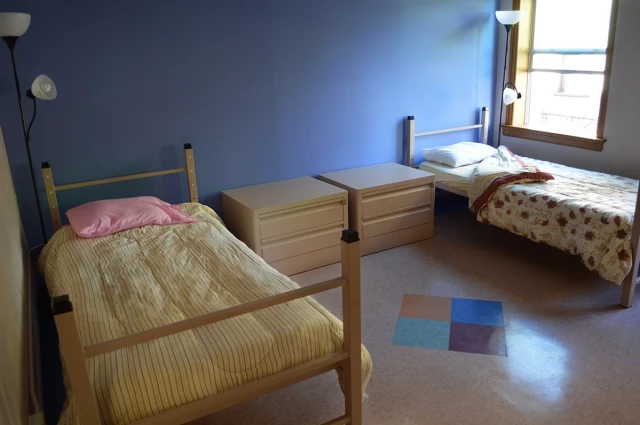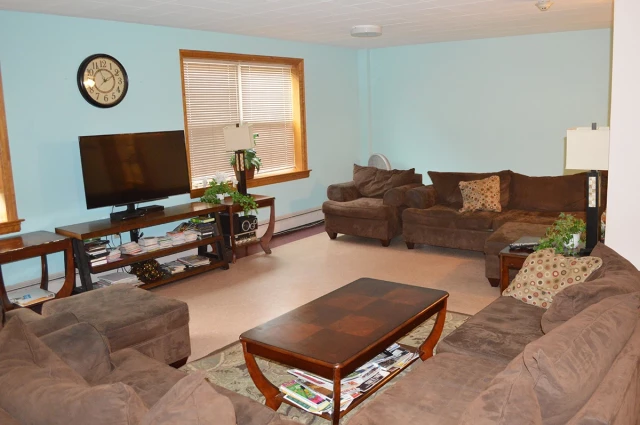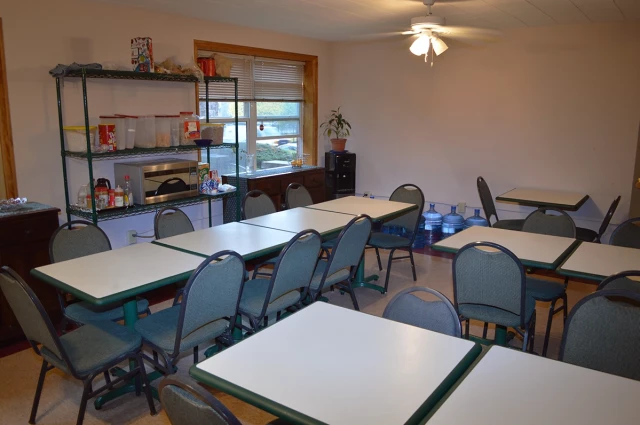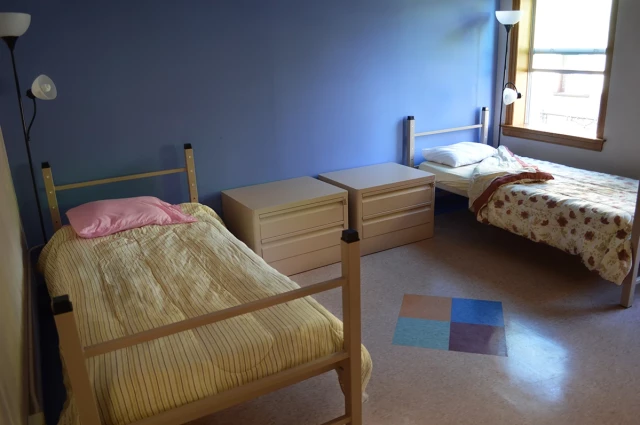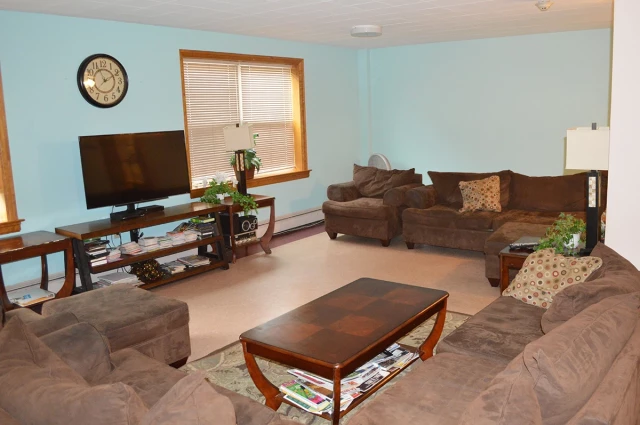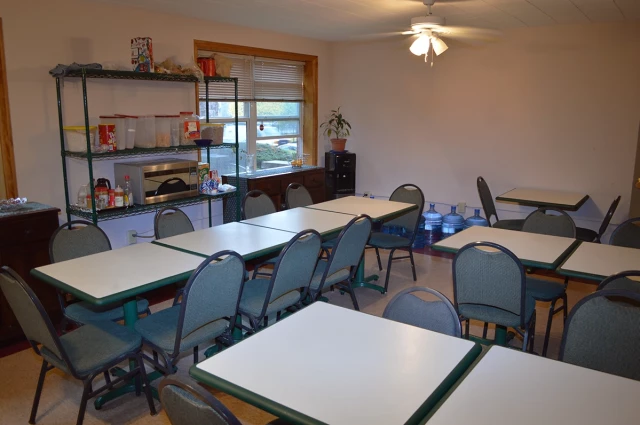Cazenovia Recovery Systems - Casa Di Vita Community Residnece Information
Treatment
Who We Treat
- Male and Female
Treatment Focus
- Women only
Approaches
- Group Therapy
- Holistic
- Trauma Informed
- Cognitive Behavioral Therapy (CBT)
- 1-on-1 Counseling
- Life Skills Training
Conditions We Treat
- Co-Occurring Disorders
Languages
- English
Level of Care
- Residential Rehab
- Co-Occurring Mental Health
- Sober Living
Experience
On-Site Amenities
- TV
- Chef-prepared Meals
- Recreation Room
Personal Amenities
- Shared Rooms
Special Considerations
- Healthy Meals are provided
Smoking and Vaping Policy
- Smoking Not Allowed
- Vaping Not Allowed
Accreditations
-
State department of health
Government agencies issue State Licenses, granting rehabilitation organizations permission to operate their businesses lawfully within specific geographic regions. The specific licenses needed for legal operation are typically determined by the type of rehabilitation program offered by the facility and its physical location.

Find the best treatment options. Call our free and confidential helpline today!
